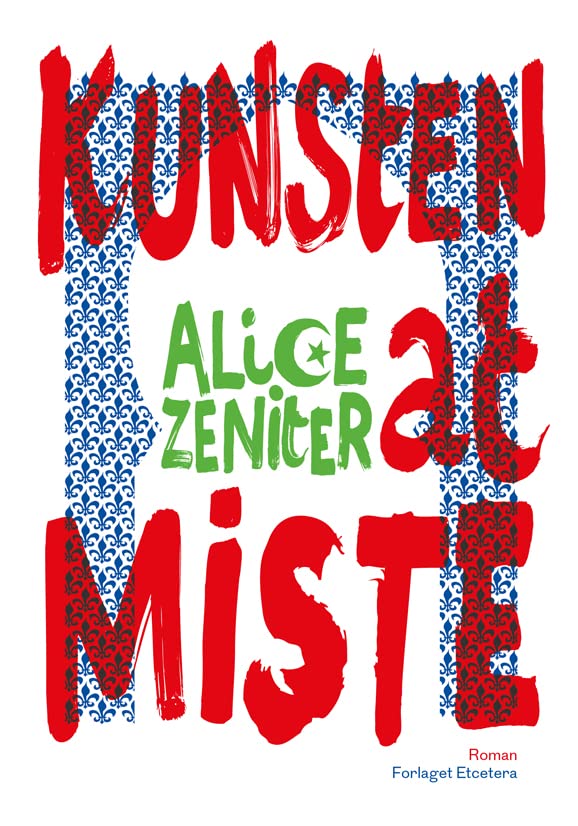What do you think?
Rate this book


1 pages, Paperback
First published August 8, 2017
"How is a country born? And who brings it into the world?
In certain parts of Kabylia, there is a folk tradition some call 'the sleeping child.' It explains how a woman can give birth even though her husband has been gone for years: according to tradition, having been fathered by the husband, the child then dozes off in the womb and does not emerge until much later.
Algeria is like that sleeping child: it was conceived long ago, so long ago that no one can agree on a date, and for years it slept, until the spring of 1962."
"This is the reason why - to Naïma and to me - this part of the story seems like a series of quaint photographs (the oil press, the donkey, the mountain ridge, the burnouses, the olive groves, the floodwaters, the white houses clinging like ticks to steep slopes dotted with rocks and cedar trees) punctuated by proverbs; like picture postcards of Algeria that the old man might have slipped, here and there, into his infrequent accounts, which his children then retold, changing a few words here and there, and which his grandchildren's imaginations later embroidered, extrapolated and redrew, so they could create a country and a history for their family."
"For his part, Ali believes History has already been written, and, as it advances, is simply unfurled and revealed. All the actions her performs are not opportunities for change, but for revelation. Mektoub: 'it is written.' He does not know quite where: in the clouds, perhaps, in the lines on his hand, in miniscule characters inside his body, perhaps in the eye of God."
"From this point there will be no more vignettes, no more brightly colored images that have faded over time to the sepia of nostalgia. From here on, they have been replaced by the twisted shards that have resurfaced in Hamid's memory, refashioned by years of silence and turbulent dreams, by snippets of information Ali has let slip only to contradict, when asked, what he has said, by snatches of stories that no one can have witnessed and which sound like images from war movies. And between these slivers - like caulk, like plaster oozing between the cracks, like the silver coins melted in the mountains to create settings for coral trinkets, some as large as a palm - there is Naïma's research, begun more than sixty years after they have left Algeria, which attempts to give some shape, some structure to something that has none, that perhaps never had."
History is written by the victors, Naima thinks as she drifts off to sleep. This is an established fact, it is what makes it possible for history to exist in only one version. But when the vanquished refuse to admit defeat, when, despite their defeat, they continue writing their own version of history right up to the last second, when the victors for their part, write their history retrospectively to show the inevitability of their victory, then the contradictory versions on either side of the Mediterranean seem less like history than justifications or rationalizations sprinkled with dates and dressed up as history.
Perhaps that is what kept former residents of Bias so close to the camp they loathed; the could not bring themselves to break up a community that had reached an agreement on the version of history that suited them. Perhaps this is a foundation of communal life that is too often overlooked yet absolutely essential.